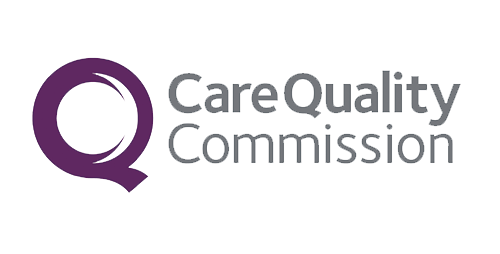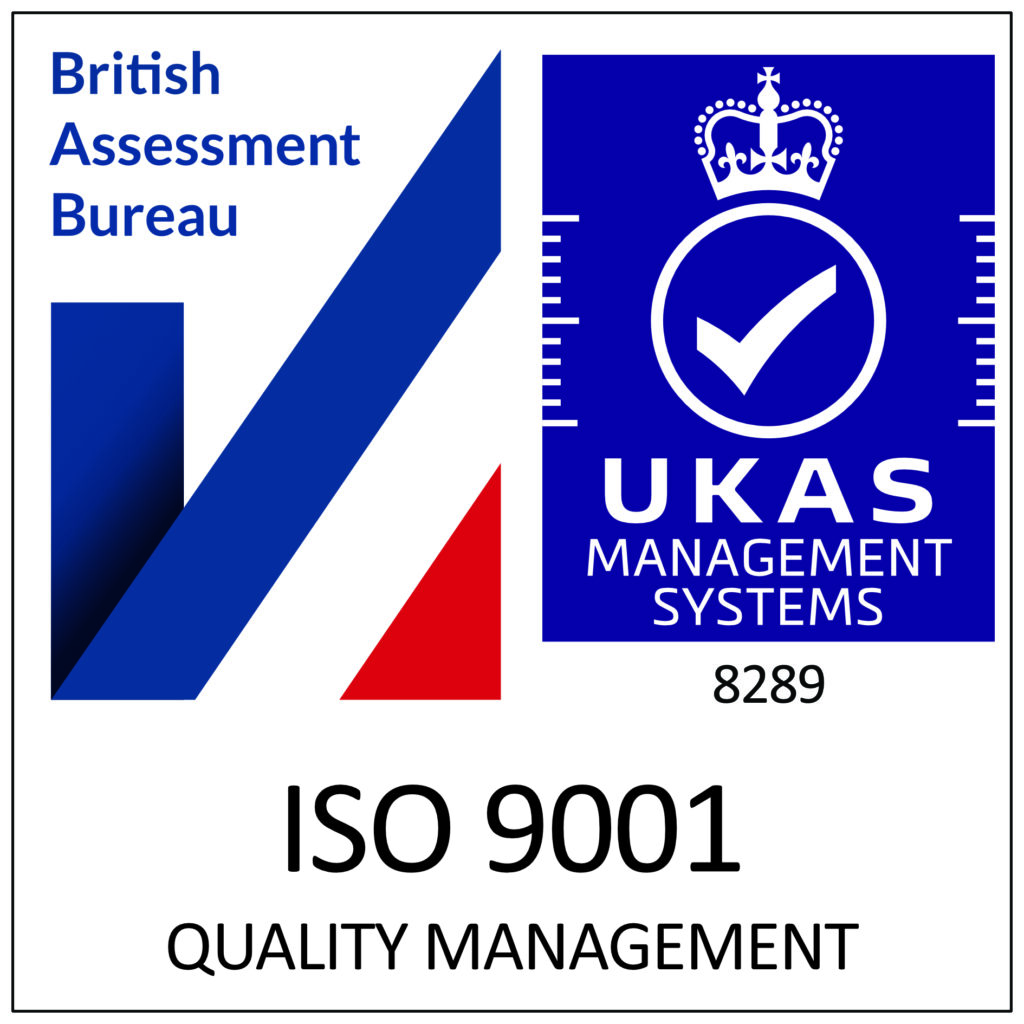Life in the UK
How to Select the Right School for your Child in The UK
When do Children Start School?
The statutory school age in England, Wales and Scotland is from 5 years to 16 years. In England term starts in September, the entry year is reception (R) and children must be 5 before August 31 the following year.
Educational Stages in the UK
Nursery and Preschool
A nursery or preschool provides early education and childcare for children under the school age. All children aged 3 and 4 living in the UK can receive a funding of 15 hours per week free hours at a nursery setting. If you require childcare for children under 3 there are nurseries which can offer this at a cost.
Can I Apply for my Child’s School Placement at Any Time of the Year?
The academic year in the UK runs from September up until July, however you can apply for your child’s place during anytime of the year. The time to arrange this can usually take up to around 4 weeks.
What Types of Schools are in the UK?
State schools (also known as public schools outside England and Wales) are generally primary or secondary schools mandated for or offered to all children without charge, funded in whole or in part by taxation. These schools are generally inclusive (non-selective) in admitting all students within the geographical area that they serve.
Academies are publicly funded independent schools. Academies don’t have to follow the national curriculum and can set their own term times. They still must follow the same rules on admissions, special educational needs, and exclusions as other state schools.
Faith school is a school intended for students of a particular religious faith.
A private school, also named an independent or public school in England UK is a fee-paying organisation where parents pay an annual fee for their child to be educated outside of the state education system.
Special needs schools and programs are for kids who have challenges or disabilities that interfere with learning. They provide support that’s not normally provided in general education programs.
These schools and programs tailor learning to address each child’s unique combination of needs. Adaptations are made to allow kids to meet age-appropriate educational goals. They offer a wide range of approaches and services. This may include smaller classes, individualized learning, one-on-one support, self-contained classrooms, resource rooms, and learning aids.
What Types of Schools are in the UK?
What is Ofsted?
Ofsted stands for Office for Standards in Education; it employs 1,500 inspectors to monitor the educational performance of individual schools and the reports directly to parliament.
When choosing a school for your child, you should most importantly look at the ofsted repot these can be found online by search the school’s name. the ofsted report will give you an insight of four different areas and they are as follows Achievement, quality of teaching, behavior, and the safety leadership. Also, on the report the number of children that attend the school can be seen and the socio-economic mix of pupils and students who speak a second language.
Childcare Options in the UK
Registered Childminders are childcare professionals working in their own homes to provide care and education for other people’s children in a family setting. A childminder is self-employed, most childminders work flexible hours, and they can offer school drop offs and picks ups at your required time and ensure your child gets breakfast, lunch, and dinner.
Unfortunately, if your childminder is unwell you would need to find alternative arrangements.
If your child is between ages 6 weeks and 5 years they can attend a day nursery, depending on the nursery they may be run privately or run by local authorities, they often open Monday to Friday 8am-7pm but again these times may change depending on the nursery.
If the childminder or day nurseries don’t work out for you, you may want to consider having a nanny. A nanny is someone who will look after your child in the comfort of your own home, you can have a daily nanny or a live-in nanny or have a part time nanny.
How to Build your Credit Score
When you relocate to the UK, no matter how well you have built up your credit in your existing country you will be starting from scratch in the UK. When you enter the UK there will be some things you won’t be able to do straight away for example, you won’t be able to take out a mortgage, a loan, or certain types of phone contracts.
What is a credit score or rating?
When you arrive in the UK it will mostly be that your credit rating will be classed as poor, this will be due to you having no credit rating in the UK. When applying for credit there will be thing, they will need to undertake to determine whether they are willing to lend you money, so they will check if you’ve had any credit products in the past, how reliable you were at paying money back, how much they are willing to lend and how much interest you will be charged.
How can I build my Credit Score?
- Get a UK address.Open a UK bank account.
- Provide proof of employment.
- Get a mobile phone contract.
- Apply for a credit card.
Information Which is Included in your Credit Score.
There are plenty of apps you can download which will update you with your credit score, they are named, clear score or Equifax:
- Name.
- Address.
- Date of birth.
- Past credit applications.
- If you are on the electoral role.
- Credit repayment history, including late or missed payments.
- If you have any existing debt.
- If you have any joint cards or accounts.
How to Apply for an Enhanced DBS Check
Before you start your NHS post, it is a UK legal recruitment for you to undertake a Disclosure and Baring (DBS) check. Also, not that it is imperative that you are only able to complete your DBS check once you are in the UK as you would need a UK address.
You must also make sure that the DBS check is “enhanced”.
What is an Enhanced DBS Check?
An enhanced DBS check is a check on your criminal convictions and cautions record. This check is essential and required for jobs that involve caring for children and vulnerable adults.
An enhanced DBS includes details of all convictions on record, whether they are spent or unspent under the Rehabilitation of Offenders Act 1974 (ROA). The Enhanced DBS disclosures involves an extra level of checking with your local police force records in addition with the Police National computer.
What Documentation do I Need to Apply for my Enhanced DBS Check?
This will be an online check. Follow the instructions below for the required documents.
- 1. A valid passport or driving license with evidence of your date of birth.
- National insurance number.
- Two of either of the following documents: mortgage or credit card statement, a utility bill, or credit card statement with your full home address.
How Much does an Enhanced DBS Check Cost?
The average cost is £44 excluding processing and VAT fees, bear in mind each website has its own fee.
How long will my Enhanced DBS check take?
It usually takes up to 14 days for you to receive your certificate.




